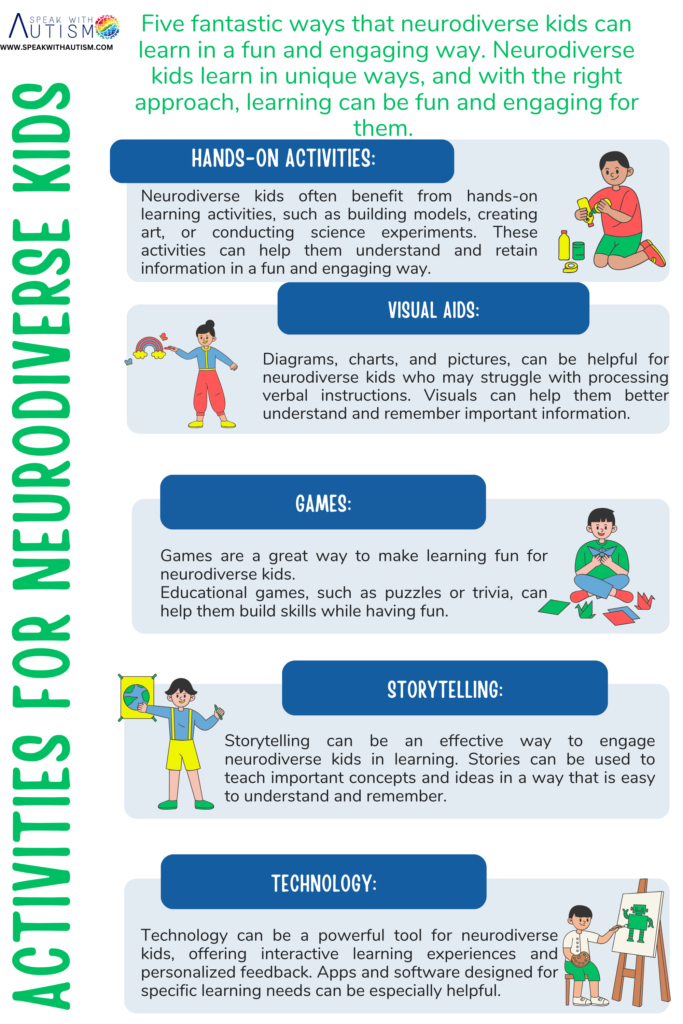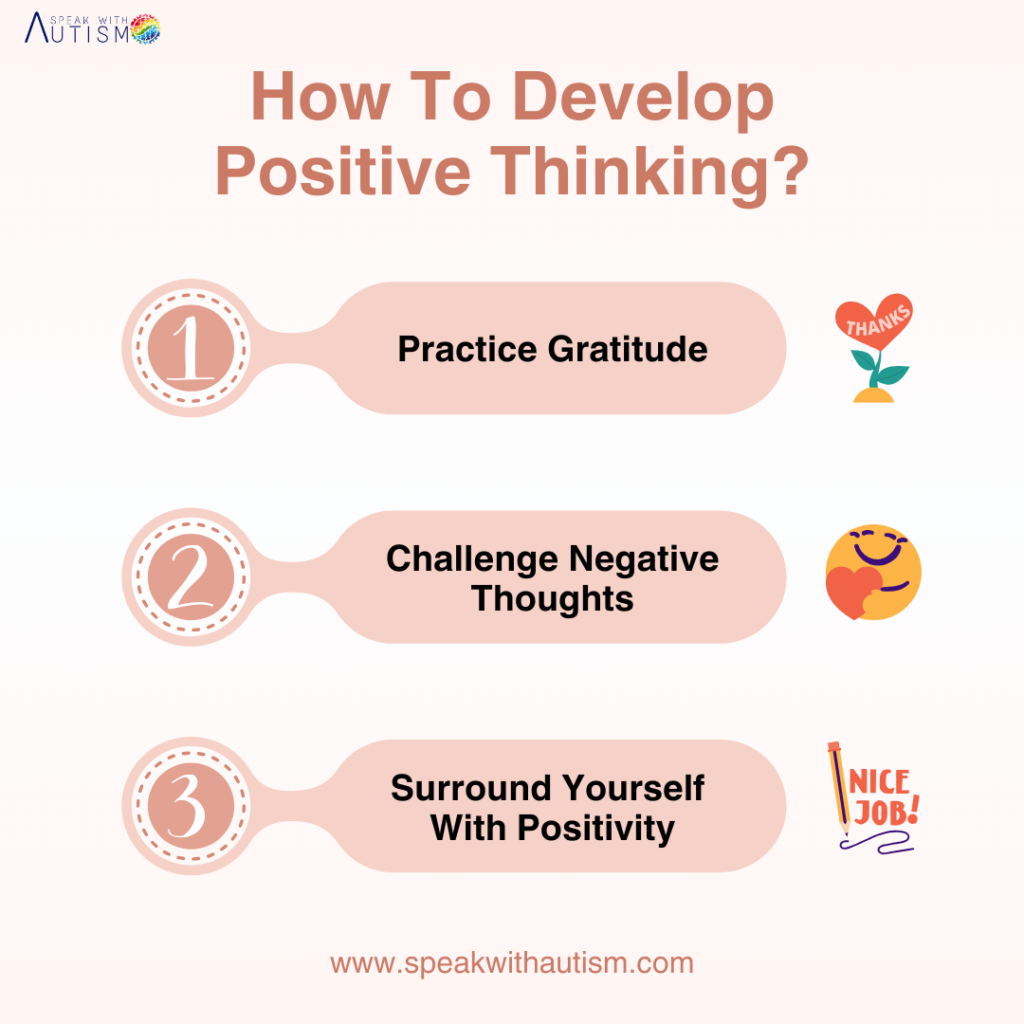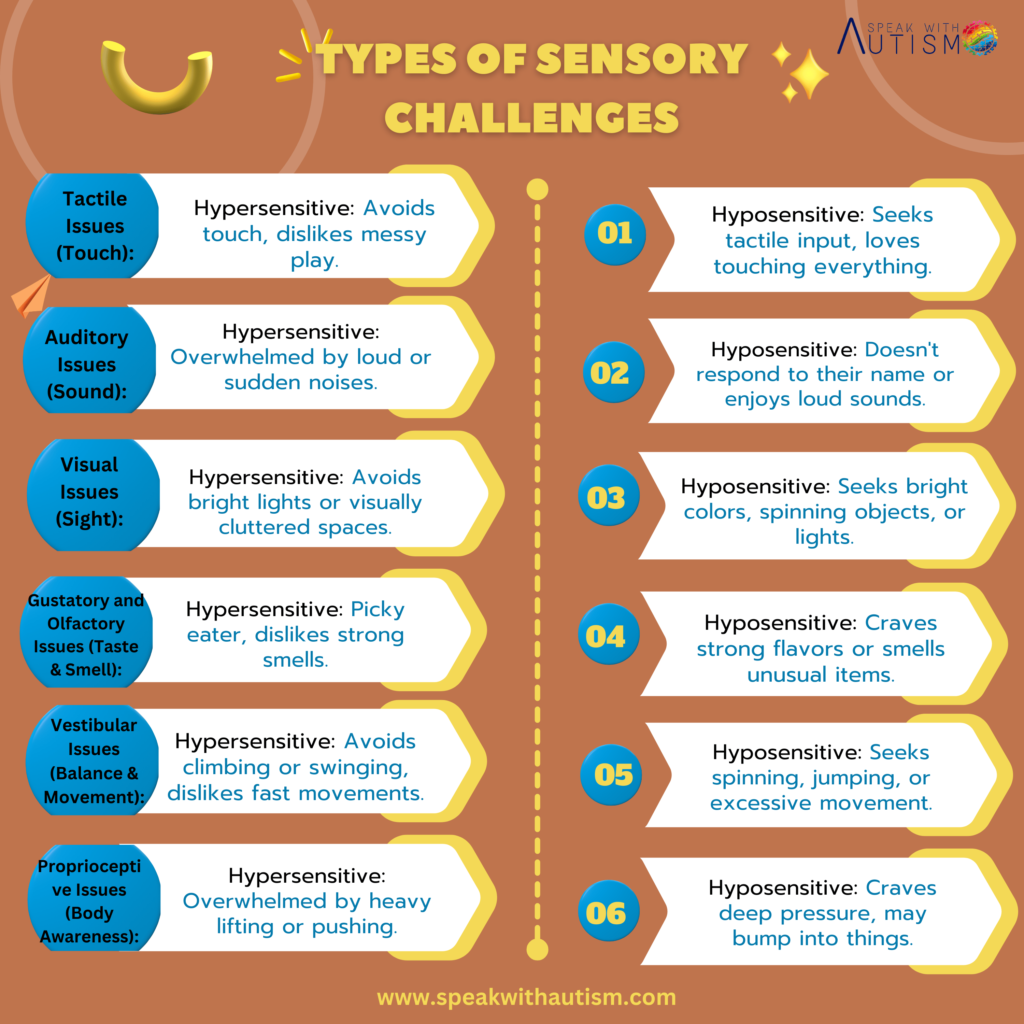Children may often exhibit tantrums, meltdowns, or engage in self-laughing. They might have gastric issues, which could make them cry without an apparent reason. Parents often struggle to understand the underlying cause. Most autistic children face unnecessary challenges that make it hard for them to feel comfortable in their environment, leading to crying, tantrums, or meltdowns. Sometimes, parents fail to respond appropriately due to a lack of understanding.

Table of Contents
1. It is important to Understand Autistic Children routine
- It is important to check whether children are getting enough sleep or not.
- 8-9 hours of sleep is necessary for small children and 7-8 hours of sleep is necessary for older children.
- Are children sleeping and waking up at the same time every day? If not, then regularize their routine.
- Keep track of food. Make a chart of what was eaten on which day of the week and what changes were made in it.
- If sensory diet is being given, then track whether there is any deficiency in it.
2. Balance the activities of children
- Children are either too busy (overscheduled) or are completely free.
- Both situations are not good for the mental and physical development of children.
- It is very important to maintain a balance between activities and rest.
3. Understand the nature and behavior of the child
- If the child says something like “everything is mine”, then it is natural. Young children feel that the whole world is full of their things.
- This is a part of development, but if the child gets stuck in this situation, then measures like sensory diet, auditory intervention, and therapy can help.
4. Importance of auditory intervention and therapy
- Participate in therapy regularly and implement it at home as well.
- Techniques like Safe and Sound Protocol or Therapeutic Listening help in improving children’s understanding.
- Measures like Primitive Reflex Integration also prove to be effective.
5. The emotional wellness of parents is also important

- Unless parents themselves are physically and mentally healthy, they will not be able to help children better.
- Manage your stress and take time for yourself every day.
6. Understand Autistic Children problems in potty training
- Interceptive awareness means helping the child to recognize the signals within himself.
- Make the toilet environment comfortable as well.
- If the sound of the flush, the smell, or the feel of the toilet is bothering the child, then change it.
- For potty training the child, starts with urine first and then slowly moves to the potty.
7. It is important to balance the sensory system
- Check whether the vestibular system (balance), tactile system (touch), and proprioception (knowledge of body position) of the children are working properly or not.
- Only when the sensory system of children is in balance, they will be better at social interaction and communication.
8. Coordination of therapy and home exercises
- Just leaving the children in the therapy center will not be the solution.
- Learn from the therapist and repeat those exercises at home.
- Make new goals at every stage of children’s development and achieve them.
9. Assistive devices for non-verbal children
- If the child is non-verbal, use picture exchange communication systems (PECS), iPad apps, or other assistive tools.
- With these devices, children may gradually be able to communicate.
10. Sensorial imbalance and its effects

- If the child’s sensory system is imbalanced, he will not be able to understand gradation i.e. how much force to do something.
- Do therapies to improve the vestibular system, proprioception and interoceptive signals,.
Conclusion
Caring for children and their development requires patience and regularity. Parents’ control over their emotions and the right strategies can help children have a better future.
Frequently Asked Questions
What if my child is not interested in games?
To get children interested in games, choose colorful and interactive games of their choice. Explain the function or purpose of the games before playing them. Take small steps in the beginning and gradually build their confidence.
Can games be made at home?
Some games like picture cards or simple puzzles can be made at home. But elaborate games like “jigsaw puzzles” and “educational wooden boards” may be a little difficult to make at home.
How can I improve my child’s receptive skills?
To improve receptive skills, use visual cards and play-based activities. For example, show children 30 picture cards to identify and ask them related questions, such as: “What is this?” or “Give it to Mama.” This will increase their ability to understand and respond.
What activities are useful for young children?
Games like matching and sorting can be useful for children aged 2.5 to 3.5. This three-piece puzzle game allows children to play with a spinning wheel and hexagon pieces. It develops their motor skills, independence, and color recognition.
